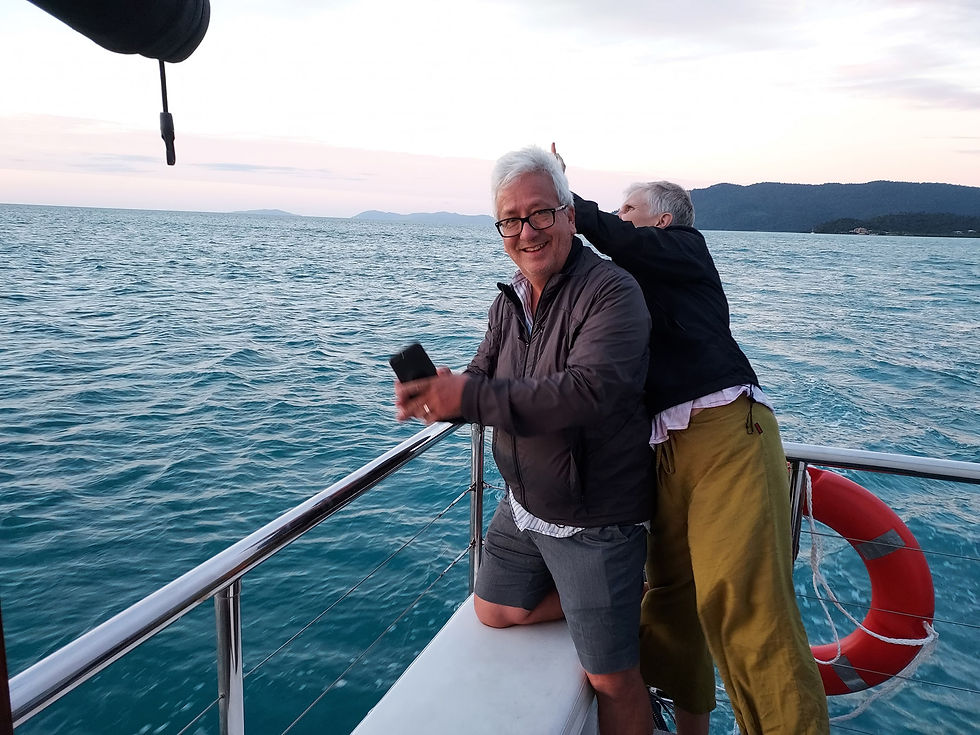Economic Development as a Social Determinant of Indigenous Peoples
- Lise Oakley
.jpg/v1/fill/w_320,h_320/file.jpg)
- Nov 6, 2023
- 2 min read
Over the past 40 years, the economic development landscape in First Nations communities has seen significant shifts from a colonial approach to a post-colonial one. As First Nations' economic development ramps up, it contributes to a healthier community and brings more opportunities.
Why Economic Development Matters
Previously, the health of First Nations and other Indigenous communities has been linked to their colonial past, which led to a loss of self-determination, lands and resources, as well as languages and cultures. First Nations communities have also faced racism and discrimination, contributing to economic, social, political and environmental inequities.
These factors have influenced the development of First Nations communities, including outcomes such as unemployment, poverty, educational attainment, and access to healthcare, education, and social services.
How Economic Development Can Help
In terms of positive change, economic development provides an opportunity to increase employment, education skills, self-autonomy, and self-sufficiency while addressing poverty and the social conditions contributing to ill health.
In a First Nations community, economic development must follow traditional management practices that emphasize the protection of natural resources, including lands and waters and all beings that inhabit them.
Mixed Economies
First Nations communities tend to have mixed economies with formal and informal economic activities. Formal economic activities include operating businesses, tourism, and other endeavours regulated by the government or that have legal recognition. Informal activities can consist of traditional resource management and harvesting pursuits such as fishing, hunting, and gathering.
Both types of economic activity contribute to the health and well-being of First Nations communities. The mixed economic activities must be accounted for during the creation of economic development strategies.
Increased Authority
First Nations are increasingly gaining authority to make decisions about natural resource extraction on their traditional lands, empowering them to deliver several social, economic, cultural and environmental benefits. Any projects now have a legal obligation to consult with First Nations before proceeding with any natural resource projects in their territory.
There are three main ways First Nations are participating in Natural Resource projects:
Co-management
Environmental impact assessments (EIAs)
Impact benefit agreements (IBAs)
These structures can increase community participation in the decision-making related to sustainable resource management, helping to deliver various social and economic benefits.
The Rise of First Nations Entrepreneurship
In many First Nations communities, there has been a significant increase in individual and community-based entrepreneurial activity. This has resulted in the creation of new businesses which provide employment and tax revenue for the local First Nations government. Economic development organizations such as GDC have played a role in fostering business growth, helping generate benefits for the community.
Moving Toward Decolonization and Thriving First Nations Economies
Despite the colonial past, economic development offers a bright future for First Nations communities seeking to be self-reliant while creating multi-generational wealth through the sustainable management of their natural resources.
Read more about how economic development is a social determinant of health in this article written by the National Collaborating Centre for Indigenous Health:



Comments